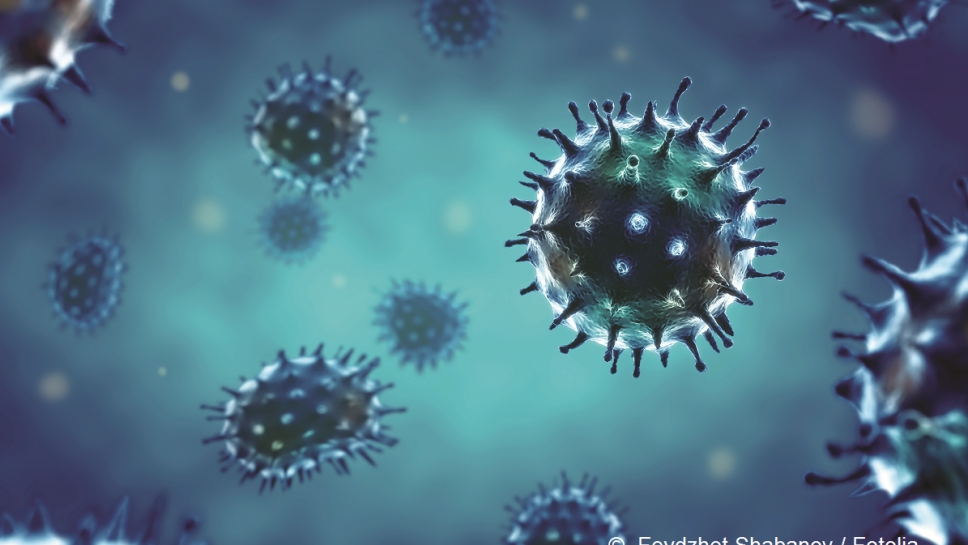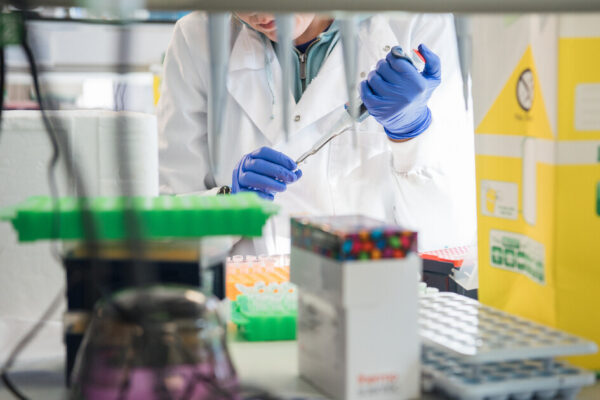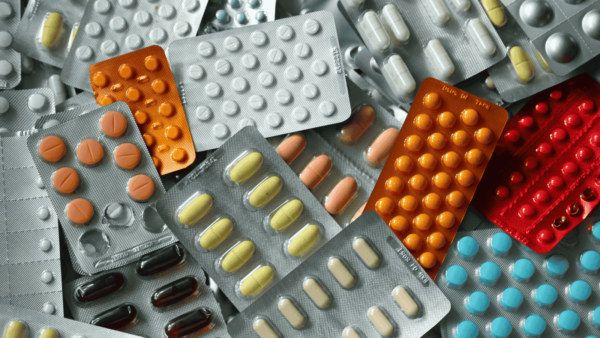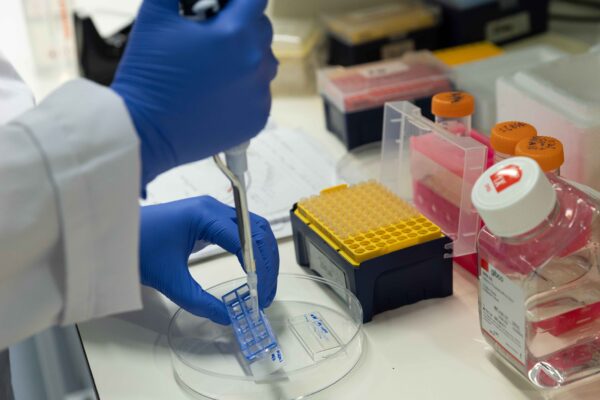For the first time, a clinical trial will start recruiting boys in the UK to test a potential gene therapy for the treatment of Duchenne muscular dystrophy (DMD).
First gene therapy trial for DMD to start recruitment in the UK

Pfizer’s ongoing clinical trial is testing the efficacy and safety of the potential gene therapy drug PF-06939926. News of the plans to start recruiting boys in the UK marks an exciting step for the DMD community.
The gene therapy uses an Adeno Associated Virus (AAV) to deliver a shortened dystrophin protein, also known as a micro dystrophin, into the body. More information about AAV gene therapy can be read here.
Boys in the trial will be assigned randomly to receive either the gene therapy treatment (two-thirds of the participants) or a placebo (one third of the participants).
After one year, boys who had originally received the placebo will receive the gene therapy treatment, as long as it is safe to do so. All boys will be followed in the study for five years after their gene therapy treatment.
The study will recruit boys to the trial based upon strict eligibility, inclusion and exclusion criteria.
To be eligible for the study, boys must:
- Have a genetically confirmed diagnosis of DMD
- Be aged between four and seven (up until their eighth birthday)
- Be ambulatory
- Be taking daily steroids (prednisone, prednisolone, or deflazacort) for at least three months prior to enrolling.
- Test negative for neutralising antibodies for AAV9. (These are antibodies that would detect and destroy the AAV gene therapy before it has a chance to act). This test would be done as part of the recruitment screen for the study.
Further information about the Pfizer DMD gene therapy trial, including eligibility, inclusion and exclusion criteria, can be found here. MDUK’s clinical trial FAQs can be accessed here.
The international phase 3 study aims to recruit approximately 99 boys to the trial in total. UK sites will be recruiting a small number of these participants to the trial, and sites are expected in Newcastle, Great Ormond Street Hospital in London and Alder Hey in Liverpool. Additional trial sites may later become available.
The trial locations will also aim to recruit participants whose primary care is not provided at the trial sites. However, it is not yet clear when this will be possible because of specific challenges to gene therapy trials and travel restrictions imposed by Covid-19.
People interested in participating in DMD gene therapy clinical trials should discuss this with their neuromuscular consultant who will be able to provide further information and share relevant details with trial sites if appropriate.
MDUK is hopeful that more DMD gene therapy clinical trials will come to the UK within the next few years, potentially bringing more opportunities to take part in trials for the DMD community.
If you have any research questions, please contact our Research Line on research@musculardystrophyuk.org


